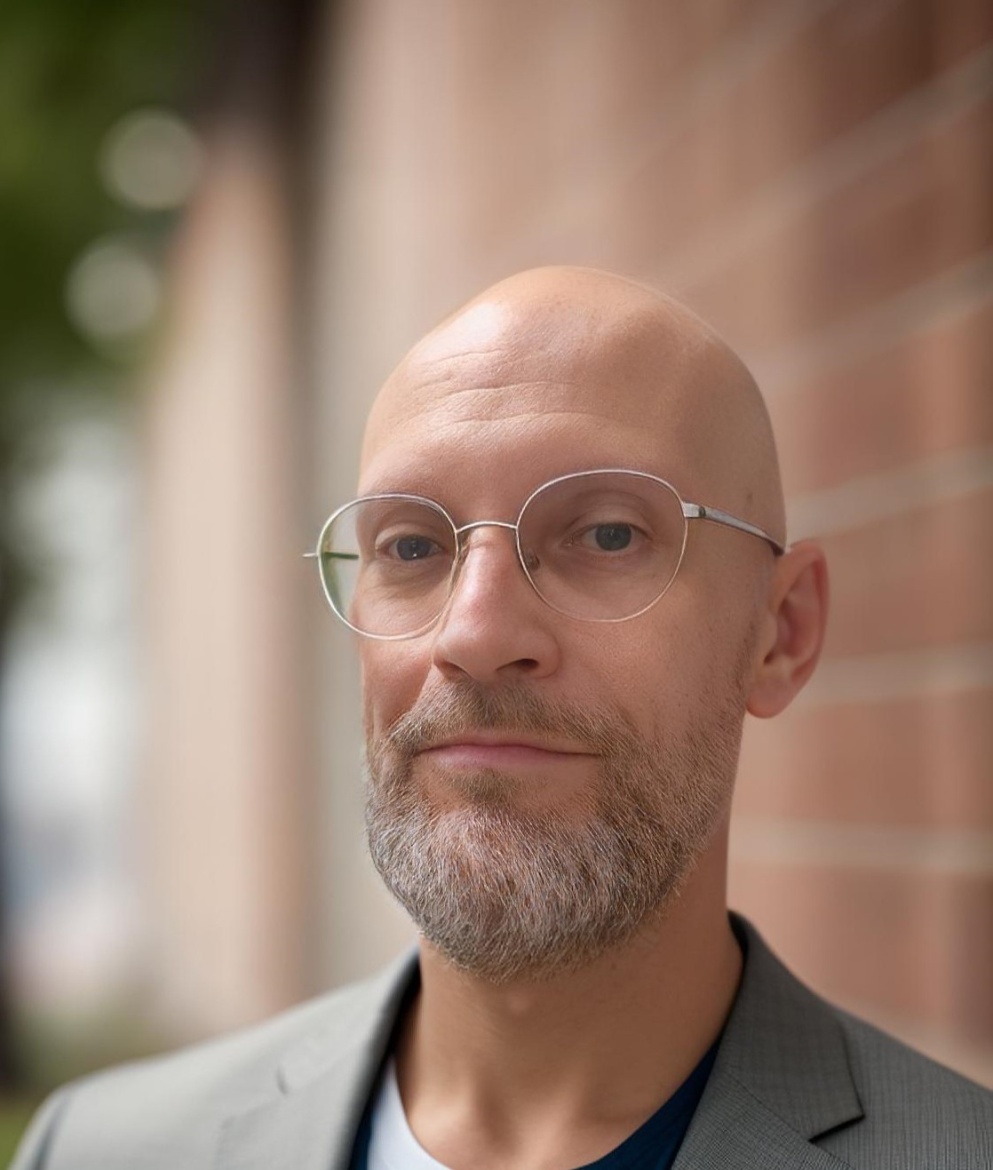About 15 minutes into Alexander Payne's 2011 film The Descendants, Matt King (played by George Clooney) walks calmly into the hospital room of his comatose wife, Elizabeth. He closes the door gently and then proceeds to excoriate her for controlling and messing up the lives of everyone around her.
This powerful scene follows on from Matt's discovery that Elizabeth is not only in an irreversible coma, but that she has made a living will that has set the conditions under which life support would be terminated in the next few days. It left him the responsibility of breaking the news to family and friends that they only had days to make their last farewells. As the film unfolds it becomes apparent that the couple had not talked properly about any matters of importance for years, let alone what their dying wishes might be.
A report from the Dying Matters Coalition[1] suggests this is far from a fictitious. Only 29% of Britons have let a loved one know their funeral wishes and only 21% have discussed any other plans or wishes for their end of life care. And less than a third of us have even made a will.
Death was always one of the great taboos of British conversation, along with sex and religion. It seems that not much has changed. We can portray death on the big and small screens but cannot talk about our own mortality. The Descendants is one of the few Hollywood films I have ever seen that deals with death and dying in such an honest and realistic manner.
The real problem is that we tend to assume death is a future issue, not something relevant in the here and now. Recently my wife and I had a phone call from the husband of a former colleague to tell us the tragic news of her death. In her mid-forties, with teenage children, she was struck down with little warning. As Benjamin Franklin allegedly pointed out, there are only two certainties in life - death and taxes. While the super-rich can find ways to avoid the latter, neither wealth nor virtue ultimately spares any of us from the former!
Or, as the Book of Common Prayer reminds us, 'in the midst of life, we are in death'. Grim as this sounds, it reminds us that we must be mindful that we are fragile and mortal beings throughout our lives.
Atul Gawande's book, Being Mortal,[2] explores the way healthcare avoids dealing with death. We so easily postpone the inevitable at the cost of quality of life, and avoiding discussions of what people really want or value as they face their last months and weeks of life.
Health professionals are often reluctant to address death with some patients - not least because our primary business is saving life. This includes a reluctance to talk about instances where we have decided that no further major interventions are appropriate (so-called 'Do Not Resuscitate' orders).
However, right from the start of my nurse training back in the 80s, we were taught that dying is part of life, and that part of our role as a nurse was to care for the dying. The Royal College of Nursing has continued to campaign for more training and support for members to be able to deliver the best in end of life care.[3] We have a long way to go, but the professions are beginning to address the issue.
Christian hope and dealing with death and dying
How well do Christians in the UK grapple with death? Well, as litmus test, when was the last time you heard a sermon on death, heaven and hell, future hope and the fleeting nature of our lives? My guess is seldom if ever (though I would be very happy to be proved wrong). I certainly cannot recall the last time I heard such a sermon in my own church.
Yet Scripture is replete with wisdom and hope in the face of our certain mortality. The psalmists call upon God to 'Teach us to number our days that we may get a heart of wisdom'.[4] The philosopher of Ecclesiastes counsels us that 'It is better to go to a house of mourning than to go to a house of feasting, for death is the destiny of everyone; the living should take this to heart'.[5] This is not morbid or depressing resignation, nor grimly fatalistic realism. Rather it is holding in tension the reality that 'all flesh is grass',[6] while looking forward to the resurrection of the dead and the coming of a new heaven and earth.[7]
As Paul puts it, what we go through here on earth are passing and momentary troubles that presage a greater glory.[8] This is the reality that we learn to hold on to and rejoice in as Christians. As health professionals this helps us have courage to talk about death with others, because once we learn to live with that tension within ourselves, we learn not to fear to discuss it with our patients.
I recently turned 50. Depending on which set of statistics you refer to, based on gender, ethnicity, social class and the UK region in which I live, I can say with some confidence that I am more than 'halfway through this journey of life'.
Confronting my own mortality has been an important part of my life in recent years. It has been of immense help to have the chance to talk, reflect and pray with friends and family. Knowing the hope I have in Christ, alongside my own experiences as a nurse who has worked in palliative care, and in the conversations with my loved ones, my own death holds less fear and more hope than it once did.
You, however, may be at a different stage in your journey. A conversation would be a good place to start.
Resources:
Facing Serious Illness is a guide for individuals, pastors and health professionals on a Christian approach to end of life decisions.[9] is a CMF publication aimed at helping Christians to address end of life issues with health professionals, family, friends and their church.
































